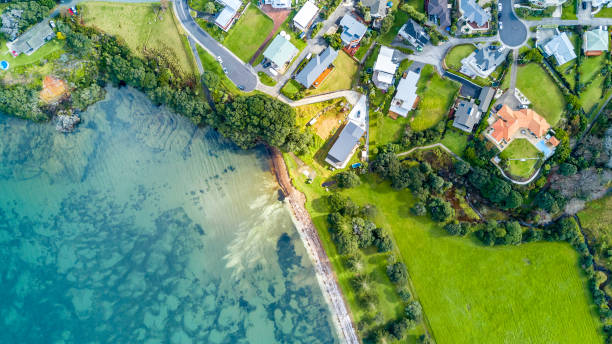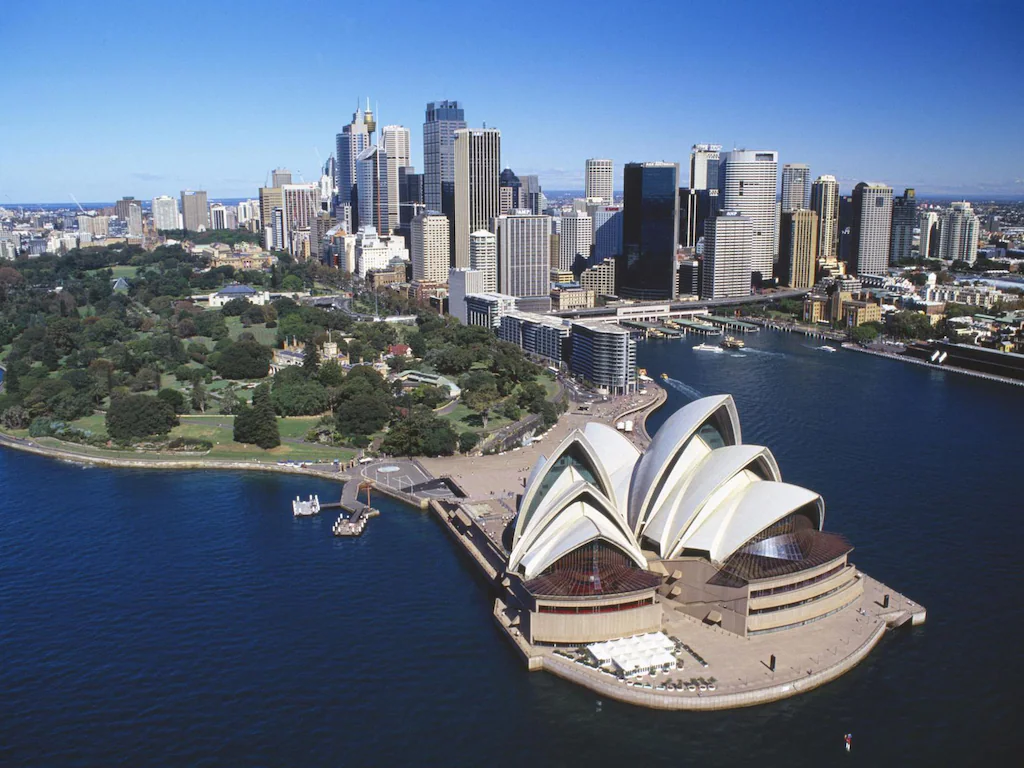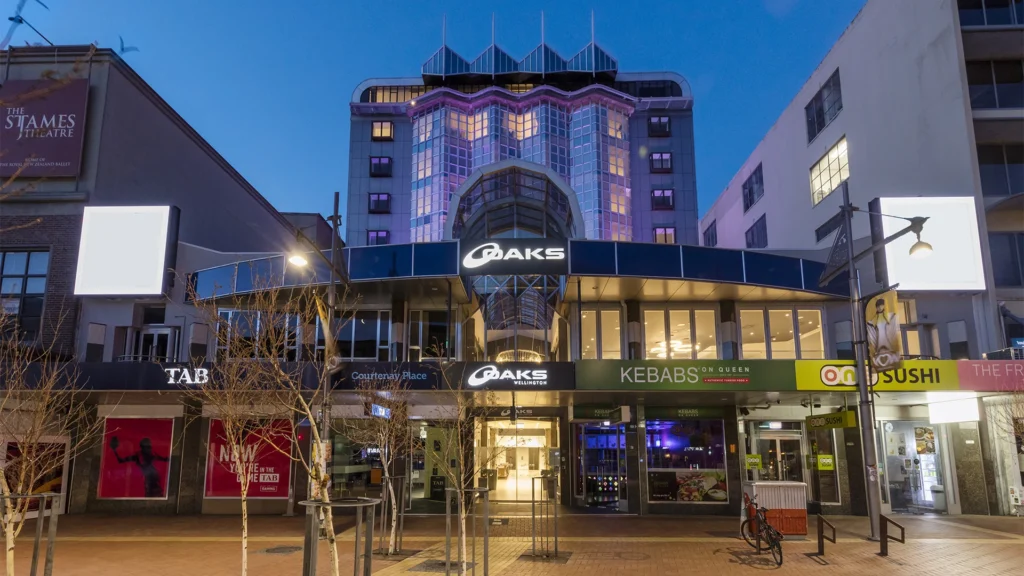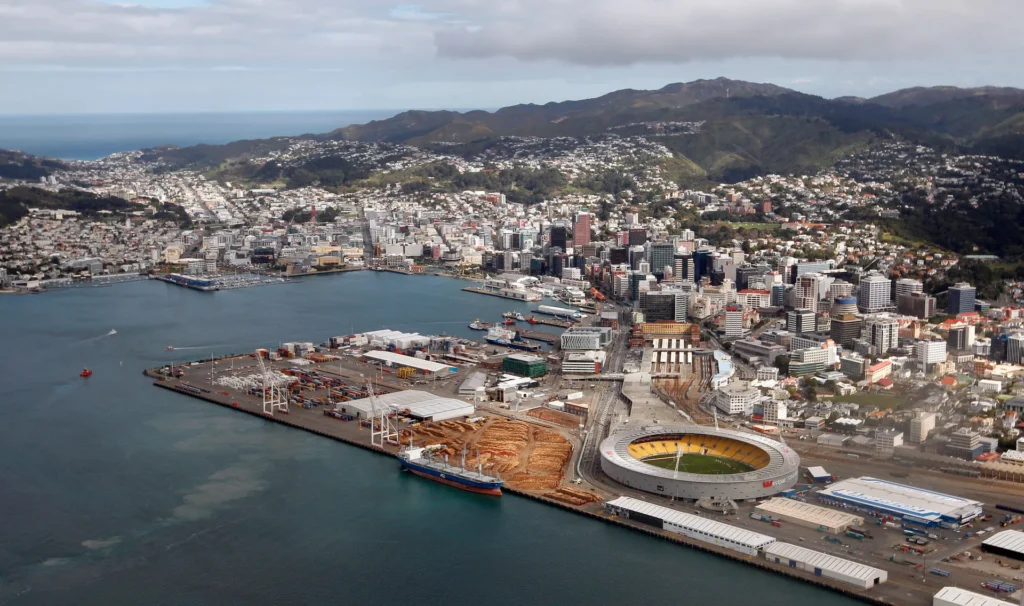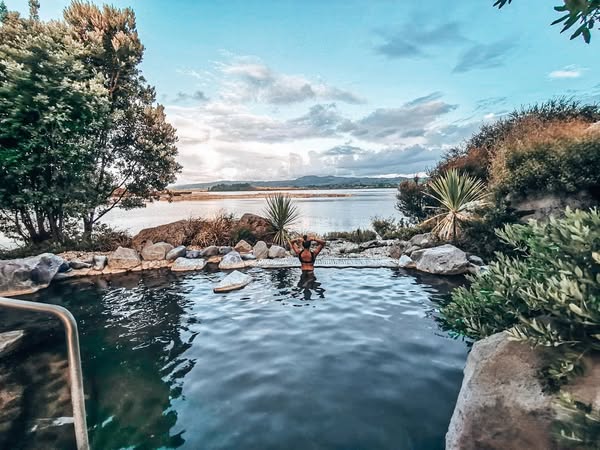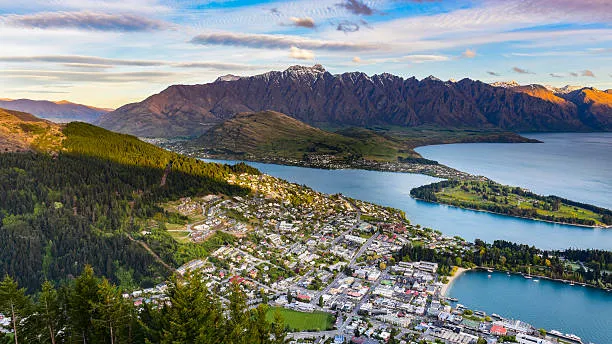The cost of renting or buying a home in New Zealand varies from city to city, depending on factors such as location (city centre vs suburbs), population density, and job opportunities.
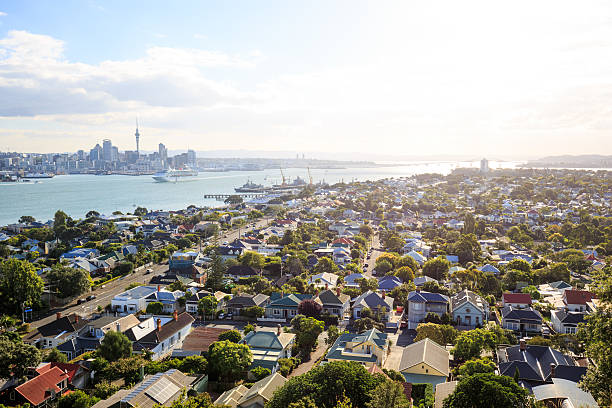
Option 1: Buying a House
If you own a home, your main annual expenses will be property tax and Horizon tax.
-
Property Tax: Usually paid quarterly, with the amount based on the government-assessed value of your property. For example, I pay around NZD 3,500 per year.
-
Horizon Tax: Approximately NZD 700 per year.
This means you’ll spend about NZD 4,200 per year in taxes—roughly NZD 81 per week. If you live with family, a spouse, or a partner, splitting the cost makes it quite affordable.
Option 2: Renting a House
In this case, the landlord pays the property taxes. You only need to cover rent, electricity, gas, and water (in my area, water is included in the Horizon tax, so there’s no separate water bill).
-
In my city, rent for a 3-bedroom house is around NZD 450 per week.
-
In Auckland, expect NZD 600+ per week—newer homes or those closer to the city centre will cost even more.

New Zealand City
Weekly Cost of Living in New Zealand (Per Person)
| Expense | Cost (NZD) |
|---|---|
| Rent (3-bedroom house, 3 people) | 150 |
| Weekly groceries + essentials (toilet paper, dish soap, laundry powder, rice, salt) | 90 |
| Rubbish bags (NZD 5 each, 50L size, collected once a week, split among housemates) | 1.7 |
| Petrol (motorbike commute – car users spend about NZD 20 + NZD 10 parking) | 2 |
| Health insurance | 15 |
| Electricity + gas | 12 |
| Internet | 10 |
| Sky TV | 9 |
| Eating out / coffee | 15 |
| Clothing & footwear | 10 |
| Haircuts (4 times/year) | 5 |
| Medical / dental check-ups | 10 |
| Vacation | 100 |
| Other expenses | 10 |
| Child care (if applicable – about NZD 180/week) | — |
| Total | NZD 439.7/week |
If you work 40 hours/week at the current minimum wage of NZD 17.70/hour, after a 17.5% tax deduction you’ll take home around NZD 585/week. This still leaves you with some savings.
💡 Money-saving tips:
-
Share a room (two people per room) to lower rent.
-
Cut back on vacation spending.
-
Cook at home instead of eating out frequently.
How to Reduce Living Expenses in New Zealand
Living in New Zealand can be exciting, but it’s important to manage your budget wisely. Here are some practical tips to lower your cost of living:
-
Cook at Home and Limit Eating Out: Preparing your own meals is one of the most effective ways to save on food. Plan your weekly meals, shop with a list, and prioritise local, seasonal produce. This approach not only saves money but also gives you a taste of New Zealand’s fresh and diverse ingredients.

costs in New Zealand -
Consider Shared Accommodation or Hostels: Sharing a house with friends or classmates is an efficient way to cut rental costs. Alternatively, living in a hostel can be very cost-effective, often including utilities such as meals, laundry, and internet.
-
Use Public Transport: New Zealand has a well-developed public transport system with reasonable fares. You can purchase monthly or pay-per-ride cards to save on commuting.
-
Join Student Clubs: Participating in student clubs is a great way to socialise, make friends, and enjoy engaging activities at minimal cost.
-
Attend Free Events: Many towns and cities host free events such as festivals, fairs, and art performances. These activities offer entertainment without breaking the bank.
-
Take Advantage of Promotions: Supermarkets and shops frequently offer discounts and special deals. Keeping an eye on these promotions can help you shop more economically.
-
Limit Unnecessary Purchases: Make a shopping list before heading out to avoid impulse buys and unnecessary spending.
-
Work Part-Time: Most student visas in New Zealand allow you to work up to 20 hours per week, or full-time during holidays. This not only helps cover expenses but also provides valuable work experience.
Transportation Costs When Traveling in New Zealand
New Zealand is one of the leading travel destinations in Oceania, offering a modern and well-developed transport system. Among these, buses are the most popular public transport option, known for being affordable and well-connected to both city attractions and intercity destinations. City bus fares typically range from 1 to 3 NZD per trip, while intercity routes can cost 30 to 40 NZD depending on the distance.

The accommodation options in New Zealand are diverse, ranging from unique choices like homestays, farmstays, and camping sites to more traditional hostels and hotels. Hotel rates usually range from 100 to 200 NZD per night, depending on location and room type. To save money while traveling, visitors can opt for hostels or homestays, which typically cost 10 to 30 NZD per night.
Additional Travel Expenses to Consider
To accurately estimate your total self-guided travel costs in New Zealand, you should also account for:
-
Tourist SIM Card: Approximately 40 NZD for 4.5GB of data.
-
Entry Fees and Tours: Prices vary depending on whether attractions charge admission. Notable tours include:
-
Scenic boat tour: 159 NZD
-
Hobbiton village tour: 84 NZD
-
Glowworm cave tour: 50 to 250 NZD depending on the transportation method.
-
-
Miscellaneous Expenses: This includes shopping, laundry, souvenirs, and other unexpected costs. These expenses vary according to individual preferences.
On average, a 7-day trip to New Zealand costs around 50 to 60 million VND. However, this figure can change depending on your travel dates and how you manage your budget.
-
SEE More : Road Trip Around New Zealand: A Visit to Taupo and Huka Falls
Reference article links:
-
Top 10 Affordable Hotels in Da Lat Under $20 Near the Da Lat Night Market
-
Top 20 Tourist Attractions in Da Lat 2025 – The Most Detailed Guide, Da lat Travel
-
What to Prepare for Your First Trip to Da Lat – Viet Nam Travel
-
Da Lat Vietnam Travel 2025 – Top 5 Restaurants You Shouldn’t Miss
- Top 5 Affordable and Attentive Hotels in Da Lat Worth Booking
Contact: +84961680399
-


